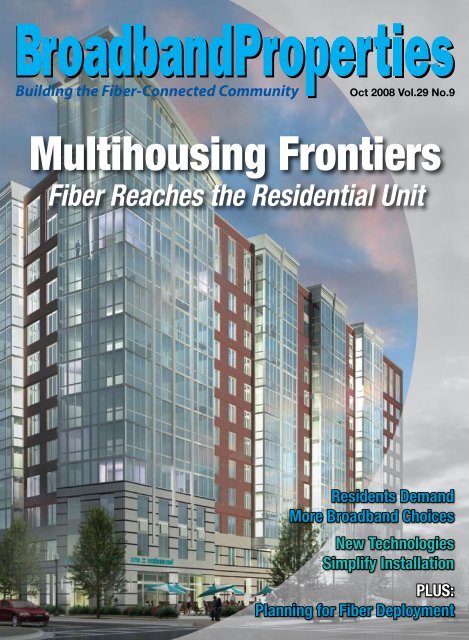Improving MDU Online Security Via the Tactical Implementation of Virtual Private Networks
Improving MDU Online Security Via the Tactical Implementation of Virtual Private Networks
Blog Article

Within today’s online landscape, ensuring the security of internet connections is crucial, particularly in Multi-Dwelling Buildings (MDUs) like apartment complexes and condo . Residents in these shared environments often connect to the identical connection, which can make them vulnerable to cyber dangers. One efficient way to improve internet security in MDUs is through the strategic deployment of Virtualized Private Networks (VPNs). VPNs establish a protected link over the web, allowing users to protect their private data and maintain privacy while online.
A VPN works by encrypting the information that transmits between a client’s device and the internet. This implies that even if someone attempts to capture the information, they will not be able to read it. For residents in MDUs, using a VPN can considerably diminish the threat of data breaches and unauthorized access to personal data. By coding their online data flow, users can navigate the internet, watch videos, and communicate online without concern about cybercriminals or other harmful actors. This added layer of security is especially crucial in settings where many people share the same online link.
Alongside safeguarding private information, VPNs can also assist residents access content that may be restricted in their region. Many streaming services and websites restrict access based on geographic location. By employing a VPN, individuals can connect to servers in different nations, enabling them to overcome these barriers and access a broader variety of internet content. This feature can be particularly appealing to residents who want to access international news, entertainment, or educational resources that may not be available in their area.
Implementing VPNs in MDUs can also cultivate a feeling of togetherness and confidence among tenants. When everyone in a complex employs a VPN, it establishes a more protected setting for exchanging data this content and assets. Inhabitants can feel more comfortable using shared networks for activities like online banking or shopping, knowing that their data is protected. Additionally, property managers can encourage the adoption of VPNs as part of their comprehensive safety strategy, helping to create a safer living space for everyone.
To conclude, the strategic deployment of VPNs in Multi-Dwelling Units is an effective way to improve online security for tenants. By coding data, offering entry to limited content, and fostering a sense of togetherness, VPNs provide multiple advantages that can enhance the digital experience for everyone. As cyber threats continue to develop, it is crucial for residents and property administrators to prioritize online security and consider the benefits that VPNs can provide. Embracing this solution can result to a safer, more connected residential environment for all.